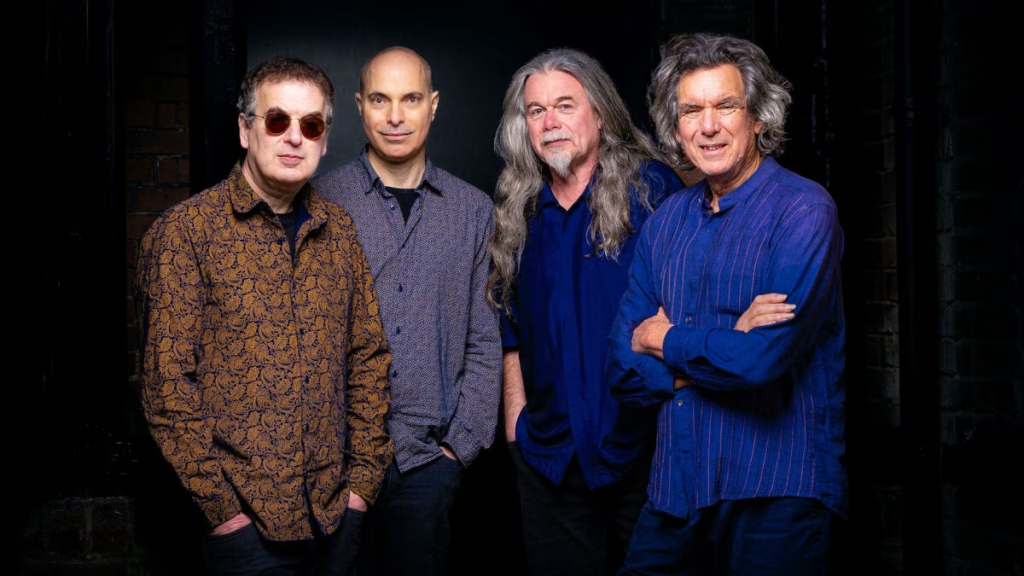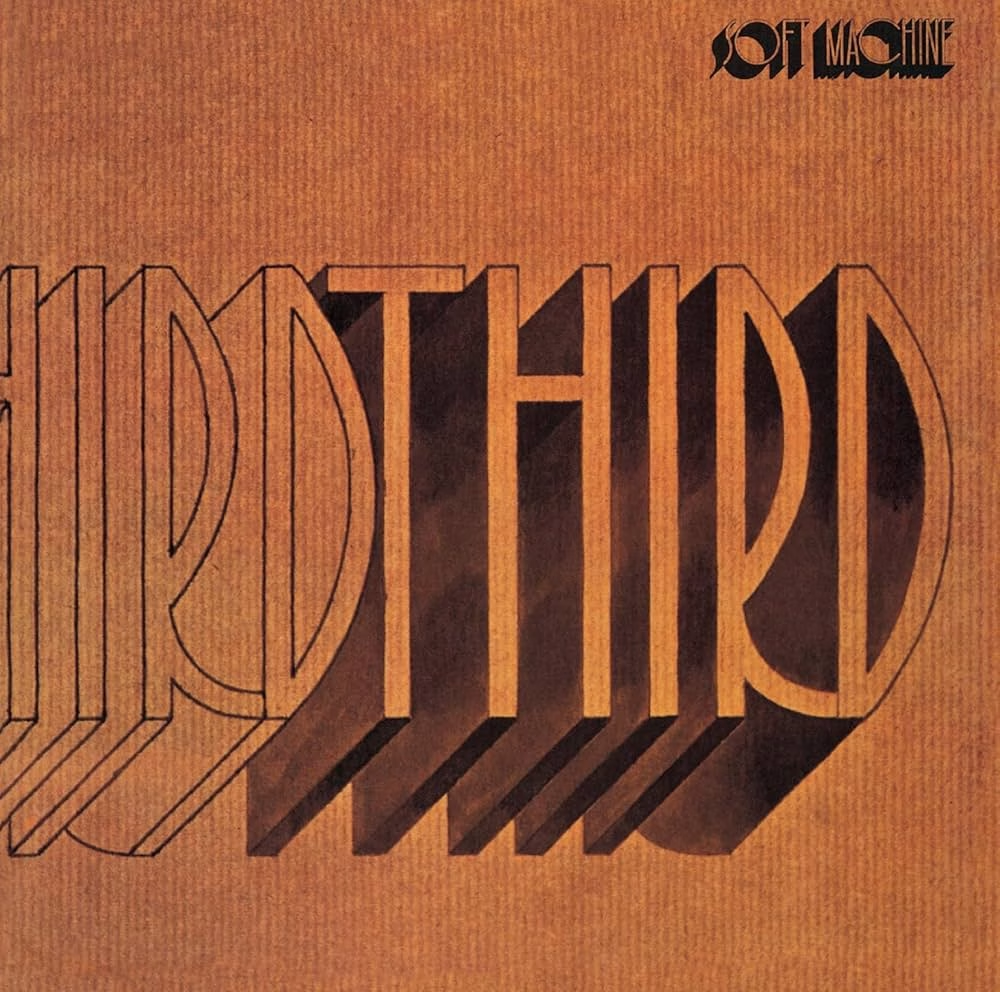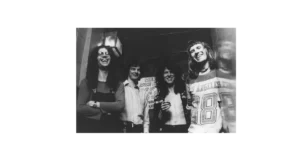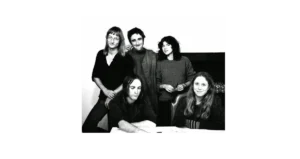Soft Machine: British Pioneers of Jazz-Rock and Progressive Rock
Formation Year and Country
Soft Machine was formed in 1966 in the United Kingdom and is considered one of the foundational groups of jazz-rock and progressive rock. Closely associated with the Canterbury scene, the band made a lasting impact on both jazz and rock music with their innovative sound and changing lineup, helping to shape the development of these genres.
Band Members and Lineup Changes
Soft Machine originally consisted of Robert Wyatt (drums and vocals), Kevin Ayers (bass), Mike Ratledge (keyboards), and Daevid Allen (guitar). Over the years, the band’s lineup shifted frequently, allowing them to experiment with various musical styles and incorporate new influences from both jazz and rock.
Key members throughout their history include:
- Robert Wyatt – Drums, vocals
- Mike Ratledge – Keyboards
- Hugh Hopper – Bass
- Karl Jenkins – Keyboards, oboe, saxophone
- Elton Dean – Saxophone
Musical Style and Themes
Soft Machine’s music blends jazz, rock, and avant-garde elements, often featuring improvisation and complex rhythmic structures. Initially influenced by psychedelic rock and the Canterbury scene, the band quickly transitioned toward a more jazz-oriented sound, embracing jazz-rock and eventually jazz fusion. Much of their work is instrumental, with a focus on creating mood and atmosphere rather than using lyrics, which helped define Soft Machine’s unique and bold style.

Iconic Album: Third (1970)
One of Soft Machine’s most significant albums is Third, released in 1970. This album marks a key point in their evolution toward jazz-rock and features four long compositions that highlight the band’s ability to combine jazz improvisation with progressive rock structures. The track “Moon in June”, featuring rare vocals from Robert Wyatt, stands out as a unique moment in their catalog.
Notable tracks from Third:
- Facelift – An experimental piece featuring a prominent saxophone solo from Elton Dean.
- Moon in June – One of the few vocal tracks, with Robert Wyatt on lead vocals.
- Out-Bloody-Rageous – A complex piece demonstrating the band’s compositional prowess.
Interesting Facts and Commentary
Soft Machine is regarded as one of the most unique bands to emerge from the Canterbury scene and has influenced a wide range of progressive and experimental artists. Their ability to continuously evolve their sound through lineup changes and musical direction made them a key force in the development of jazz-rock. By blending jazz’s improvisational spirit with the energy of rock, Soft Machine played a pivotal role in popularizing jazz-rock in Europe.
Discography and Key Albums
The band’s extensive discography reflects their constant musical evolution. Each album brought something new to the table, keeping their sound fresh and attracting a diverse fan base.
Key albums:
- The Soft Machine (1968) – Their debut album, which shows heavy psychedelic rock influences.
- Volume Two (1969) – The band begins to move into jazz territory.
- Third (1970) – A landmark jazz-rock album for Soft Machine.
- Fourth (1971) – A fully instrumental album, focused on jazz.
- Fifth (1972) – A key moment in their shift towards jazz fusion.
- Bundles (1975) – A jazz fusion-heavy album with a renewed sound.
Conclusion: Soft Machine’s Legacy in Progressive Rock
Soft Machine pushed the boundaries of jazz and rock in innovative ways and continues to be seen as one of the key groups in both jazz-rock and progressive rock. Their bold approach, free improvisation style, and ability to reinvent their sound has inspired numerous artists across genres. With sophisticated instrumental compositions and energetic live performances, Soft Machine remains a major influence in the progressive rock world.





